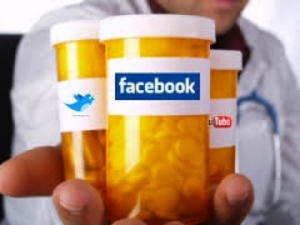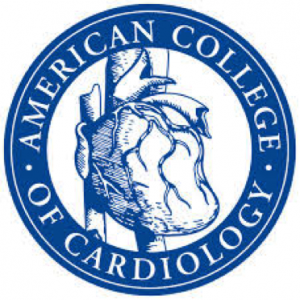Doctors are becoming more than a white coat and a stethoscope. They are becoming bloggers and photographers; rappers and painters; designers and musicians. Quite simply, doctors are becoming people. Real, true people.
To what do we owe this drastic change of public image?
For the most part, we can attribute it to social media.
We all know that physicians are beginning to utilize social media platforms—such as Twitter, Facebook, Instagram, and LinkedIn—as avenues for effective communication with patients. They are realizing that, by breaking down communicative barriers, they are able to engage patients in a new way.
The way I see it, there are five reasons why physicians should embrace social media:
- It lets you meet the patients where they are.
- It increases physician transparency in the medical community.
- It makes for engaging interactions with colleagues, and therefore helps spread important health information.
- It’s a way to create and curate medical narratives.
- It’s not mandated (for the most part).
But, as social media plays a bigger and bigger role in the lives of patients, physicians very well may be obligated to share themselves with patients via social media. It allows patients to get to know their doctors outside the four walls of the hospital and, therefore, keeps them better informed. As we know, informed medical decision-making is a prerequisite for all effective medicine.
Social media may be used as an avenue for storytelling—something that, conveniently, is the foundation of our Artificial Hearts group problem. Cardiologists have made use of social media in a rather unique way: as a tool for education of clinicians, physicians, nurses, and medical students. Rather than embracing patient-driven social media, the field of cardiology is embracing physician-driven social media.
Blogs and social networks dedicated exclusively to cardiology are allowing physicians to distribute, share, and comment on medical content such as images, scientific abstracts, and summaries of clinical trials. One such network is CardioSource.org, founded by the American College of Cardiology
CardioSource.org is an organizational website that has a private social network for users in which issues important to cardiology are discussed. The blog’s content is majority member-sourced, and the members and readers both are predominantly heart-centered medical professionals. In this way, the platform fosters a vivid culture of conversation, curiosity, and compassion.
The ACC has recently expanded CardioSource to LinkedIn, Facebook, and Twitter, and hopes to continue growing for decades to come.
http://www.cardiosource.org/acc.aspx


